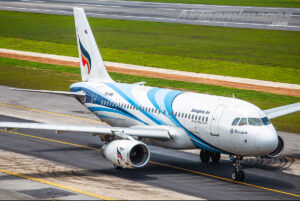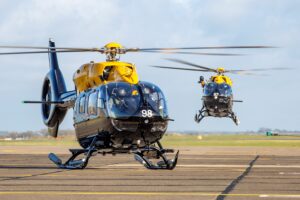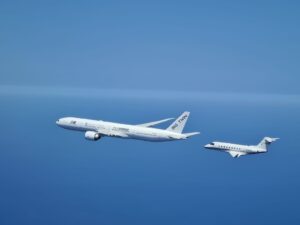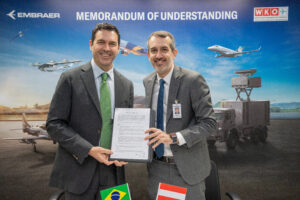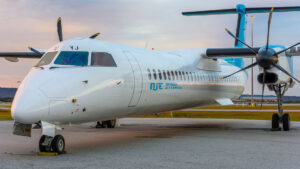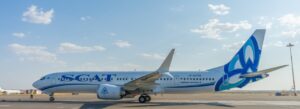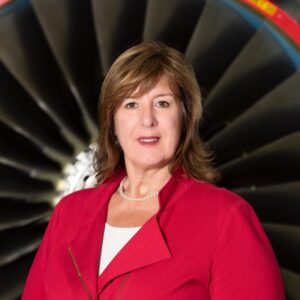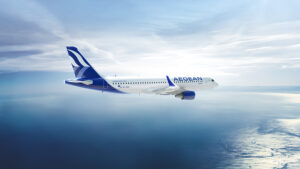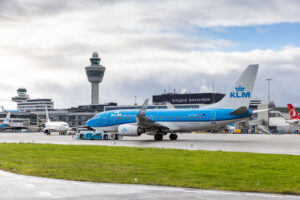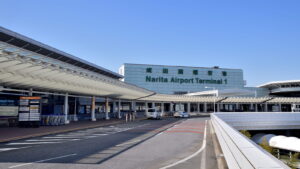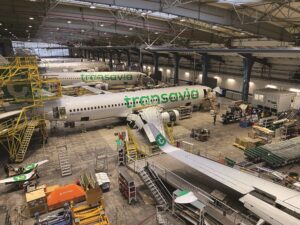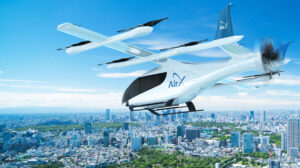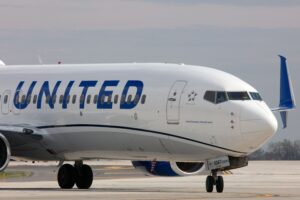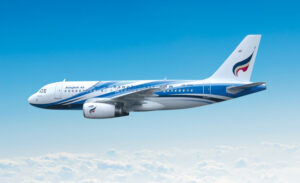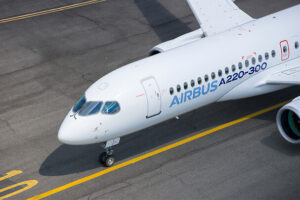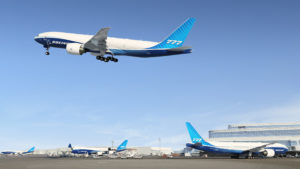United Airlines announced significant fleet, capacity and personnel changes, enabling the company to build a stronger, more competitive business better able to withstand record oil prices and a softening economy. United will remove a total of 100 aircraft from its mainline fleet, including the 30 previously announced Boeing 737s, and reduce its mainline domestic capacity in the fourth quarter 2008 by 14% year over year. The company expects to retire all of its 94 B737s, provided it can work out terms with certain lessors, and six Boeing 747s. Over the 2008 and 2009 period, cumulative mainline domestic capacity will be reduced between 17% and 18% and cumulative consolidated capacity between 9% and 10%.
When complete, the fleet reduction is expected to retire United’s oldest and least fuel-efficient jets, and will lower the company’s average fleet age to 11.8 years. The majority of schedule changes related to the elimination of 30 B737s previously announced are currently reflected in reservation systems. Further changes related to the retirement of an additional 50 aircraft by year end will be reflected in these systems in the near future. Schedule changes will be principally accommodated through modest reductions of underperforming markets and through frequency reductions while retaining a commitment to all five U.S. hubs. About 80 planes are expected to be out of the system by the end of 2008, with the other 20 coming out by the end of 2009. The fleet reduction also includes six Boeing 747s. As part of these changes, United is eliminating its Ted product, reconfiguring that fleet’s 56 A320s to include United First class seats. The reconfiguration of the Ted aircraft will begin in spring 2009 and be completed by year-end 2009.
As United reduces the size of its operation, it is further reducing staff. United expects to reduce the number of salaried and management employees and contractors by 1,400-1,600, including the previously announced 500 employee reduction by year-end, and the company will determine the number of front-line employee furloughs as it finalizes the schedule over the next month.
The company named Joe Kolshak senior vice president of operations, overseeing United Services, Flight Operations and Operations Control. Kolshak previously served as Delta’s executive vice president of operations, responsible for Delta’s maintenance, flight operations, ground operations, operations control, safety and security as well as the Delta Express operations. He will be based in San Francisco, and will report to Tague.



